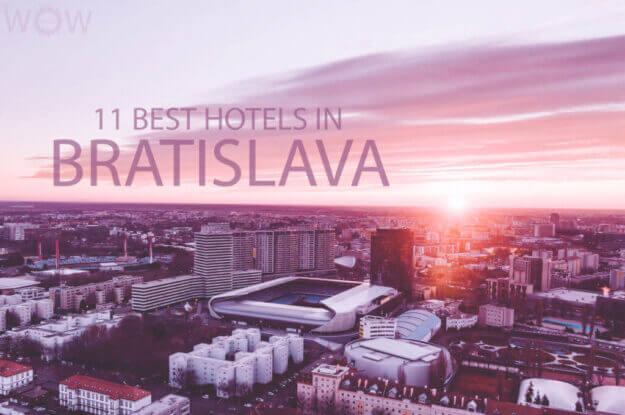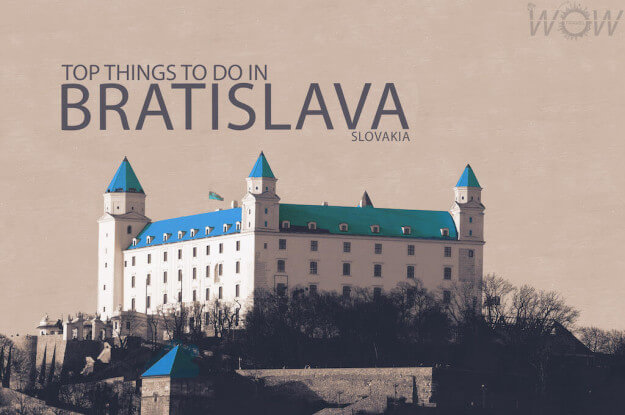Although Eastern Europe is literally the eastern part of the continent of Europe, there is no clear demarcation of the countries that are a part of it as the term is more geopolitical than physical. The physical land boundaries of the region are the Ural Mountains and River, and the Caucasus Mountains but these are irrelevant in the larger scheme of boundaries. Countries that make up this part of Europe have sometimes been described as a cultural entity with its main characteristics comprising Greek, Russian, Byzantine, Eastern Orthodox and influences from the Ottoman culture. Another definition of Eastern Europe is the term Eastern Bloc which emerged during the Cold War to group the former communist European states which were not part of the Soviet Union.
However, no matter what demarcation is used to mark the region, there is no doubt that this part of Europe is a melting pot of natural wonders with rugged mountain scenery, sprawling plains, and beautiful water bodies. Eastern Europe is a land bathed in folklore and festivals that have been passed down through the ages, like Poland’s Drowning of Marzanna, Bulgaria’s Golden Grapes Festival or Hungary‘s Busójárás. It is also a breathing museum of history with some of its remarkable monuments like the Constantin Tanase Theater in Bucharest, the Main Market Square of Krakow or the Prague Castle in the Czech Republic, drawing interested visitors into its past.
Surrounded by vineyards and the Little Carpathians, you’ll find the charming capital of Slovakia, Bratislava. Also called the Beauty of Danube, Bratislava is known for having plenty of restaurants, cafés, and bars. You can find all of them in the maze of pedestrian streets and squares of the tiny Old Town. There’s never a dull…
Bratislava, formerly called Pressburg, is just starting to gain popularity on the European tourist route and for those of us that enjoy smaller crowds and cheaper prices, this beautiful city is still largely untouched and unexplored. Bratislava has a mild continental climate, with wide differences between temperatures in summer and winter which make it a…


